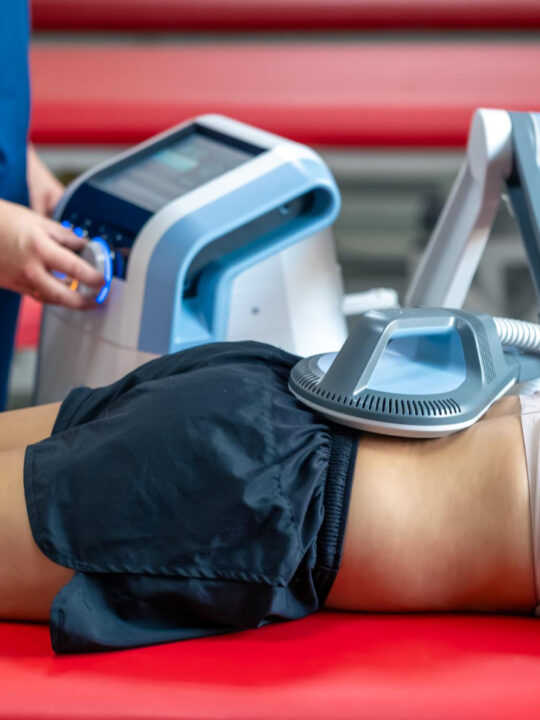 While it’s normal to experience occasional feelings of sadness or low mood, persistent and debilitating symptoms may indicate the need for professional help. Recognizing when to seek professional assistance for depression is crucial in receiving appropriate treatment and support. In this article, we will explore key indicators that suggest it’s time to consult a professional, such as https://www.archealthcarehsv.com for help with depression.
While it’s normal to experience occasional feelings of sadness or low mood, persistent and debilitating symptoms may indicate the need for professional help. Recognizing when to seek professional assistance for depression is crucial in receiving appropriate treatment and support. In this article, we will explore key indicators that suggest it’s time to consult a professional, such as https://www.archealthcarehsv.com for help with depression.
Prolonged and Intense Symptoms:
- If you experience persistent feelings of sadness, emptiness, or hopelessness for an extended period, it may be an indication of clinical depression. Other symptoms include a loss of interest or pleasure in activities once enjoyed, changes in appetite or weight, sleep disturbances, fatigue or loss of energy, difficulty concentrating, feelings of guilt or worthlessness, and recurrent thoughts of death or suicide. If these symptoms persist for more than two weeks and significantly affect your daily life, seeking professional help is crucial.
Impaired Functioning:
- Depression can interfere with various aspects of life, including work, school, relationships, and personal care. If you find it increasingly difficult to concentrate, meet deadlines, perform daily tasks, or engage in social activities due to depressive symptoms, it’s a sign that professional help is needed. Seeking assistance can help you regain functionality and develop coping strategies to navigate these challenges.
Suicidal Thoughts or Behaviors:
- Reach out to a mental health professional, a helpline, or emergency services in your country to ensure your safety and receive appropriate care and support.
Loss of Hope or Interest in Life:
- A prevalent symptom of depression is a profound loss of interest or pleasure in activities that once brought joy or satisfaction. If you find yourself consistently feeling indifferent, unmotivated, or disconnected from the world around you, it’s a strong indicator to reach out to a professional for help. They can provide guidance and interventions to help you rediscover purpose and regain enthusiasm for life.
Impact on Physical Health:
- Persistent headaches, stomachaches, changes in appetite or weight, chronic pain, or unexplained fatigue may be associated with depression. If these physical symptoms coexist with emotional distress, it is crucial to seek professional help to address the underlying mental health concerns.
Previous Episodes or Family History:
- If you have a history of depression or have family members who have been diagnosed with depression, you may be at a higher risk. Previous episodes of depression can increase the likelihood of future episodes. If you notice familiar symptoms resurfacing, it is important to reach out to a professional for early intervention to prevent the progression of depressive episodes.
Failed Self-Help Strategies:
- While self-care strategies like exercise, maintaining a healthy diet, getting adequate sleep, and engaging in activities that bring you joy can be beneficial, if your depression symptoms persist despite consistent efforts, it is essential to consult a professional. They can assess the severity of your depression, identify underlying causes, and provide appropriate treatment options.
Conclusion:
Knowing when to seek professional help for depression is crucial in managing this complex condition. If you experience prolonged and intense symptoms, impaired functioning, suicidal thoughts or behaviors, loss of hope or interest in life, impact on physical health, a history of depression or a family history, or failed self-help strategies, it’s time to reach out to a mental health professional. Remember, seeking help for depression is not a sign of weakness but a proactive step towards healing and improving your well-being. A professional can provide an accurate diagnosis, develop an individualized treatment plan, and offer the necessary support to help you navigate the path to recovery.







